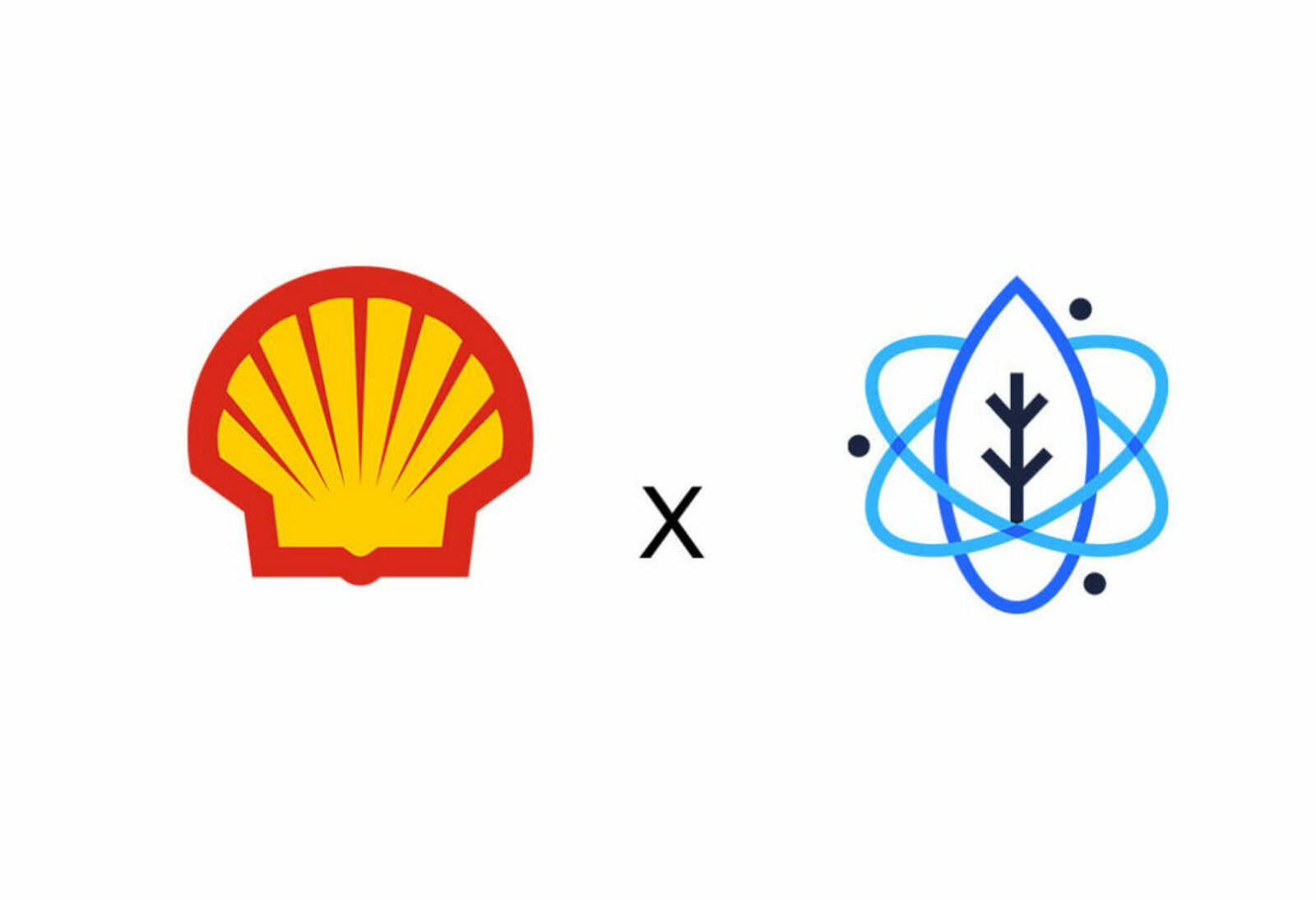Renewed Funding for Energy & Biosciences Institute, With Focus on Sustainable Fuels

The Energy & Biosciences Institute (EBI), headquartered at UC Berkeley, has renewed its partnership with Shell, entering into a new five-year research agreement, effective February 28, 2022, to continue funding research that meets the growing demand for energy in ways that are economically, environmentally, and socially responsible.
The EBI, a global leader in cross-disciplinary clean energy research and sustainability, is developing technologies to make next-generation fuels a competitive, sustainable alternative to fossil fuels. The new multi-million-dollar agreement will concentrate on fundamental and applied research in the areas of Advanced Separations, Circularity, Hydrogen Supply Chain, and Nature-Based Solutions. The EBI-Shell research program’s focus to date has been on advanced energy generation, storage, and transformation incorporating research in material sciences, electrochemistry, and computational analysis. The work offers huge potential to leverage new capabilities for many sectors including petrochemical, biotechnology, food processing, water and gas treatment, and manufacturing. “The Shell agreement renews an established and very successful relationship with one of the leading global energy suppliers. It also adds several key areas to our ongoing research foci” said John Coates, director of the EBI and Berkeley professor of microbiology. The partnership has recently completed a call for proposals to fund research projects in these new areas.
The collaboration includes the Lawrence Berkeley National Lab and the University of Illinois Urbana-Champaign, partners of the EBI since its inception in 2007. “We are proud of the continuing success of this long-standing public-private partnership, and look forward to aligning our expertise and infrastructure to create solutions for a clean energy future,” said Susan Martinis, vice chancellor for research and innovation, at the University of Illinois Urbana-Champaign.
The EBI is unique in providing industry sponsors unlimited access to researchers on all three campuses. “The dynamic of a multidisciplinary, multi-partner, interactive research environment is irreplaceable, and we share a common focus on developing technically feasible, economically viable, and socially acceptable energy solutions using modern science to drive technological innovation,” said John Coates.
As a global energy provider, Shell is committed to becoming a net-zero emissions business, aiming to reduce the carbon intensity of the energy products they sell by 100% by 2050.
“Shell is pleased to renew our multi-year research collaboration agreement with the Energy & Biosciences Institute (EBI) and expand the scope of research to include advanced separations, circularity, hydrogen supply chain, and nature-based solutions,” said Shell Chief Technology Officer Yuri Sebregts. “We have already gained significant value from collaborating with the EBI and look forward to developing more and cleaner energy solutions in support of the energy transition.”
All parties agree that the renewal is happening at a most relevant and meaningful time given the current geopolitical instability, rising fuel prices, and consumer demand for alternatives to fossil fuels. “We’re looking forward to collaborating with Shell, the Energy & Biosciences Institute, and its partners to address the urgent need for clean energy and environmental solutions,” said Mike Witherell, director of the Lawrence Berkeley National Lab.
Openness of the research enterprise, and the academic freedom of its faculty, graduate students, and university researchers, are paramount for the three public institutions within the EBI. “We are delighted to continue our partnership with Shell, developing new approaches for sustainable energy and chemical production,” said Chris Rao, deputy director of the EBI and Illinois professor of chemical and biomolecular engineering.
More about the Energy & Biosciences Institute: The EBI is a collaborative, multidisciplinary, multi-site interactive research environment that involves multiple research institutions and industry partners. Established in 2007, it offered a novel paradigm for what would become the largest industrial-academic institute of its kind, bringing together the research powerhouses of UC Berkeley, Lawrence Berkeley National Laboratory, and the University of Illinois at Urbana-Champaign. With significant funding committed by BP, the institute pioneered an interdisciplinary approach to the application of plant and microbial biology, genomics, crop sciences, and engineering to the advancement of sustainable biofuels. In 2017, the EBI re-emerged with an expanded mission and vision, welcoming diverse industrial sponsors including Shell Oil and American Pacific, with the goal of developing technically feasible, economically viable, and socially acceptable advanced energy solutions using the multiple disciplines of science to drive technological innovation. EBI has established an international reputation as a leading institute in energy sciences and provides industrial sponsors access to world-class, collaborative research facilities along with a partner network of 7,500 faculty and principal investigators, and 100,000 students, postdoctoral, professional researchers, and staff combined.
